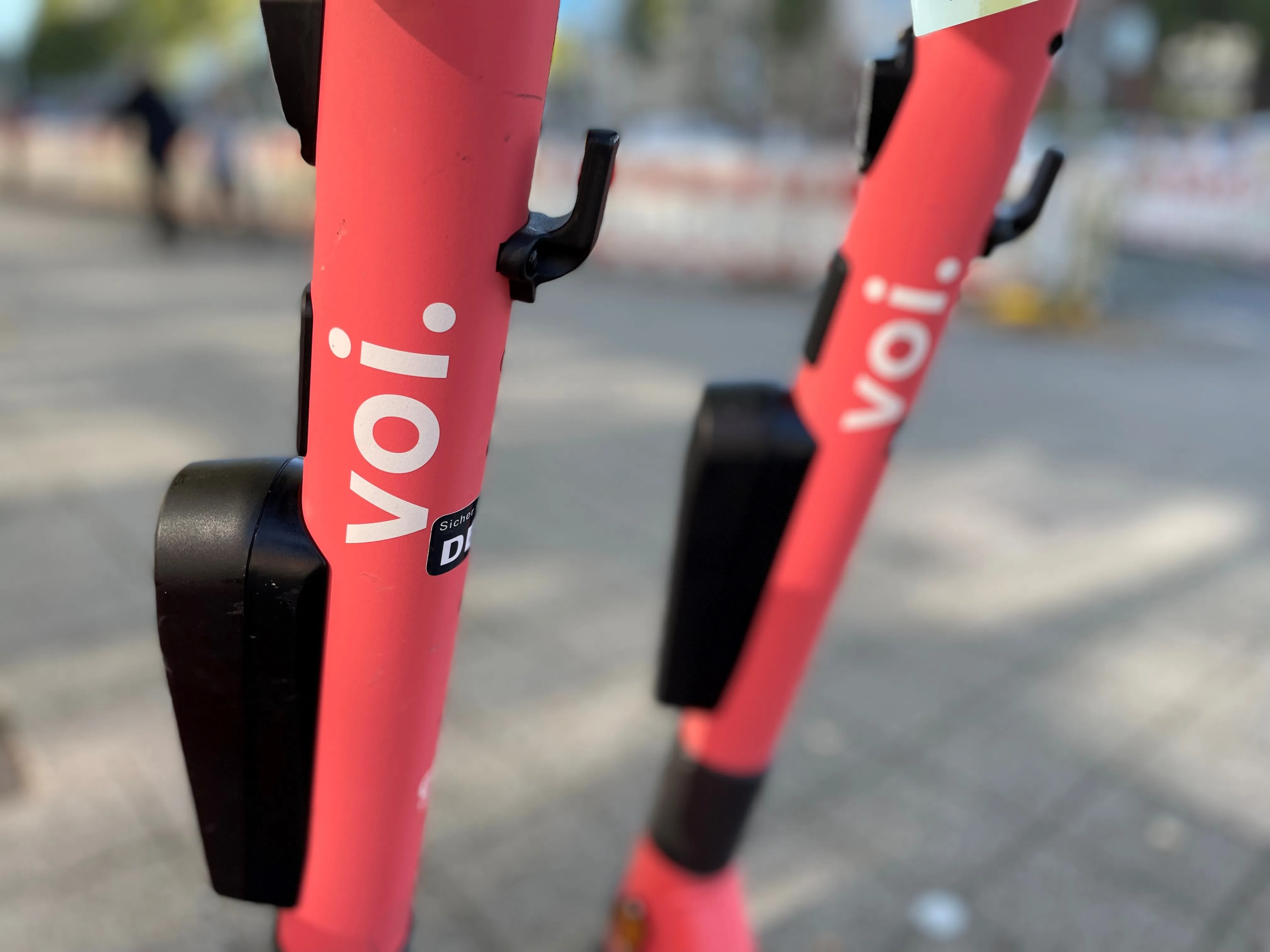UK and US transport operator FirstGroup has placed an order worth US$102 million (£70 million) for 305 new vehicles, 87 per cent of which will be Department for Transport approved ‘low carbon certified’. First Bus estimates this will save 4 million kg of CO2 per year. The 2016/17 investment will bring the company’s fleet of low carbon certified vehicles to around 1,000, believed to be one of the largest in the UK, saving in total an estimated 14.5 million kg of CO2 annually.
All 305 new buses will be fitted with the latest Euro VI engines, which are claimed to produce 95 per cent fewer oxides of nitrogen (NOx) emissions compared to buses with Euro V engines and as a result will help improve air quality in the towns and cities in which First Bus operates.
With 98 per cent of the order to be manufactured in the UK, the fleet investment by First Bus provides a big boost to British manufacturing helping to support hundreds of UK jobs. Scottish firm ADL will manufacture 204 vehicles, while Northern Ireland’s Wrightbus has secured an order for 91 buses, and Volvo has won a contract to build 10 coach chassis in Sweden, with the bodies manufactured by ADL.
FirstGroup invests in new ‘low carbon’ buses
UK and US transport operator FirstGroup has placed an order worth US$102 million (£70 million) for 305 new vehicles, 87 per cent of which will be Department for Transport approved ‘low carbon certified’. First Bus estimates this will save 4 million kg of CO2 per year. The 2016/17 investment will bring the company’s fleet of low carbon certified vehicles to around 1,000, believed to be one of the largest in the UK, saving in total an estimated 14.5 million kg of CO2 annually.
May 4, 2016
Read time: 2 mins
Related Content










